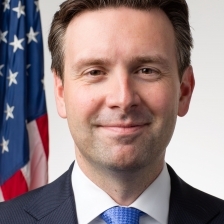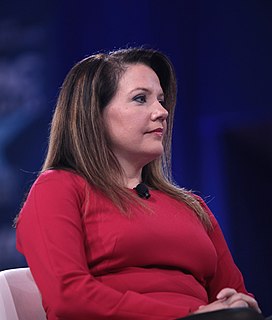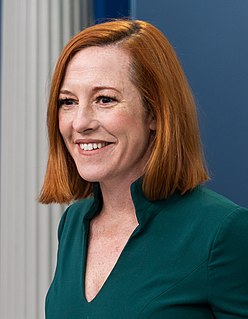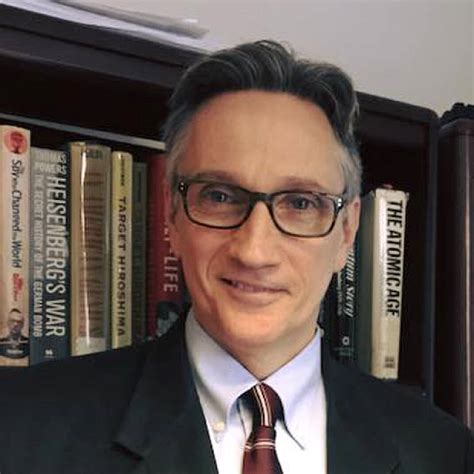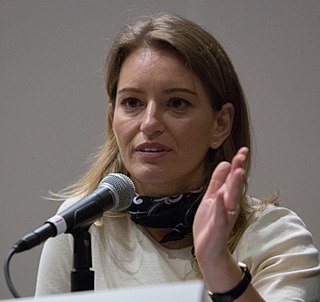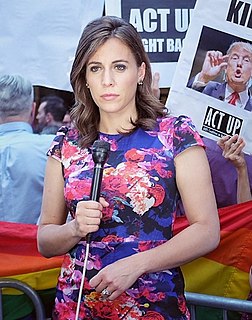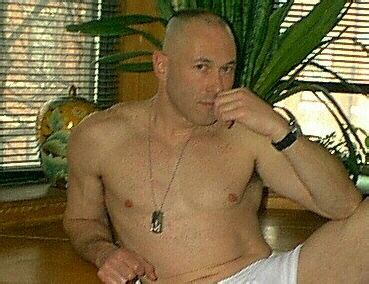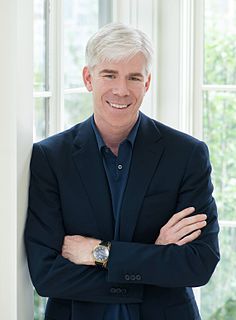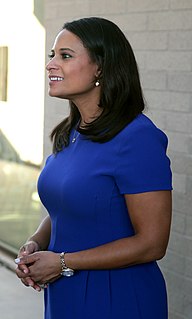A Quote by Josh Earnest
Reporters are always supposed to be demanding more access and more transparency. So the day that there isn't some friction between the White House press corps and the White House is the day that somebody in the press corps is not doing their job.
Related Quotes
You as the press secretary have to protect the president's interests and the White House's interests more broadly. And a lot of people inside the White House, as you learned, sometimes with painful experience, have competing agendas, have differing points of view, have priorities they're trying to protect.
